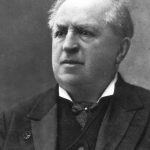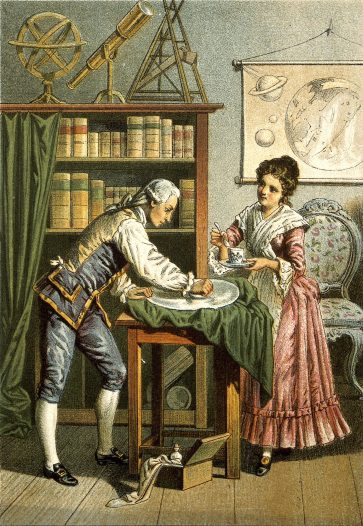2020 marked 100 years since the death of the great Dutch philosopher, theologian, and statesman Abraham Kuyper. To commemorate Kuyper’s contribution to issues in science and faith, The Faraday Institute for Science and Religion is hosting an academic workshop online entitled ‘Abraham Kuyper, Science, and Philosophy: A Centenary Celebration’.
Call for Papers

Abraham Kuyper
We welcome abstracts for papers that discuss Abraham Kuyper’s views on the intersections between philosophy, theology, and science.
Topics might include Kuyper’s notion of the Reformed worldview’s contribution to modern science, Kuyper’s attitude toward the tradition of natural philosophy/natural theology, Kuyper’s account of creation and the image of God, his notion of ‘Platonic dualism’, or other aspects of his thought. But we also view the Kuyperian tradition as a living (and contested) framework for philosophy, theology, and science. So we welcome constructive papers which develop some Kuyperian themes in conversation with a contemporary scientific discipline or scientific issue. Finally, we encourage papers which provide more critical perspectives on the Kuyperian tradition.
Papers should be written for presentation in about 20 minutes and there will be 10 minutes for discussion. We plan to accept approximately four short papers for the Workshop, and the deadline is 21 July.
How to submit an abstract
To submit an abstract or apply for a Faraday Scholarship you need to fill in the application form below and submit online. If you would like to submit an academic CV please email admin@faraday.cam.ac.uk with the subject title KUYPER ACADEMIC CV.
Scholarship eligibility
If you are submitting an abstract, we will consider you for a modest scholarship. Applicants must be postgraduate students or academics. Those who have abstracts accepted will receive a £100 scholarship, and those who have submitted papers will be considered even if they do not have their papers accepted.
NOTE: Faraday scholarships are awarded by open competition. The application procedure requires the submission of sufficient information to make assessment equitable. The Faraday Institute emphasises that it cannot engage in any discussion or correspondence about why a scholarship application is unsuccessful.
After completion of the course, the recipient will agree to publicise the work of The Faraday Institute in their home country.
If you have any questions regarding this conference please contact admin@faraday.cam.ac.uk




